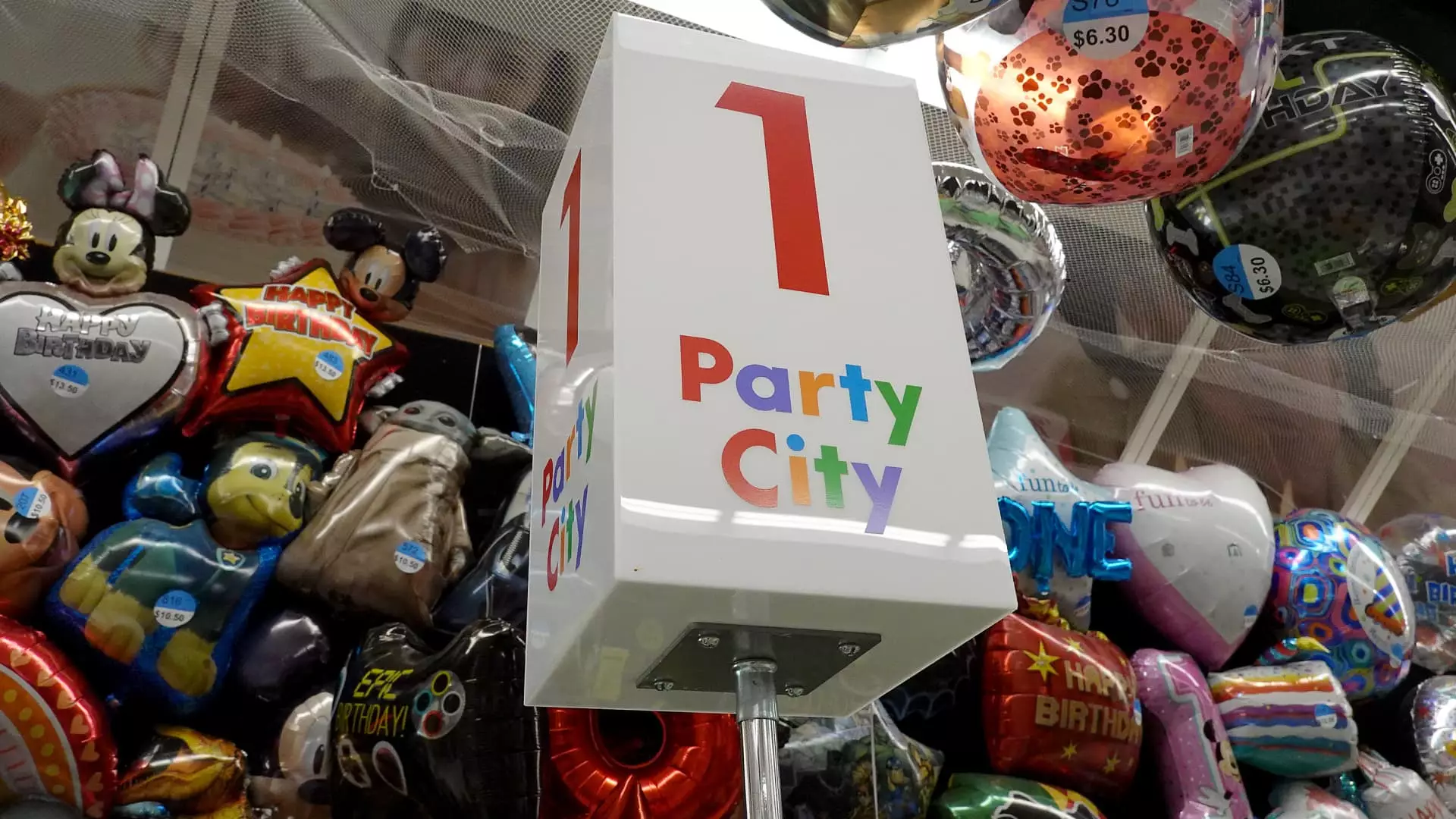In a shocking turn of events, Party City has announced the closure of all its retail locations, alongside the initiation of immediate corporate layoffs. This news, reported by CNN, highlights the deep-rooted financial difficulties the once-popular party supply retailer has been grappling with for some time now. CEO Barry Litwin, in a meeting that employees found difficult to digest, confirmed that Friday marked their final day of work. “That is without question the most difficult message that I’ve ever had to deliver,” Litwin disclosed, a sentiment that underscores the gravity of the situation. The abrupt cessation of operations raises questions about the company’s handling of its financial woes and its readiness to confront the market’s realities.
Party City’s recent struggles are not an isolated incident but rather a continuation of a lengthy battle with financial instability. The company filed for bankruptcy less than two years earlier, burdened with an astounding $1.7 billion in debt. Although it managed to emerge from bankruptcy in September 2023—transitioning into a private company and erasing nearly $1 billion in debt—the aftermath seems to have left the retailer too vulnerable to survive. While around 800 U.S. stores remained open during this transition, this decision proved to be insufficient, hinting at deeper structural issues within the organization.
Leadership Changes: A Question of Vision
The uncertainty surrounding Party City’s future was only compounded by shifts in leadership. Barry Litwin, who was appointed CEO in August, expressed optimism about the company’s potential to revitalize its business model and enhance customer experiences. However, his tenure has been marred by the urgency to wind down operations rather than pursue growth strategies. Before joining Party City, Litwin held a position as the CEO of Global Industrial Company—a role vastly different from leading a retailer specializing in festive supplies. This transition could indicate a misalignment of skills, raising doubt about the appropriateness of leadership in guiding Party City through its turbulent financial landscape.
The retail landscape for party goods has shifted dramatically in recent years, with increased competition from both traditional and online retailers. The rise of companies like Spirit Halloween, which has expanded its reach not just during Halloween but year-round, signifies a changing consumer sentiment that Party City struggled to address. Spirit Halloween recently announced the opening of 10 new “Spirit Christmas” stores, converting existing locations to meet growing demand. This adaptability underscores Party City’s challenges, particularly as the company has only recently begun leveraging online sales platforms, such as Amazon, to stay relevant in a rapidly evolving market.
The demise of Party City serves as a cautionary tale in the business realm, revealing the dire consequences of financial mismanagement, ineffective leadership, and failure to adapt to intensified competition. As the party supply retailer closes its doors, it emphasizes the necessity for companies to remain agile, grasp market trends, and engage in sound fiscal practices. The retail landscape will undoubtedly continue to evolve, and those unable to meet the challenges head-on risk facing a fate similar to that of Party City.

